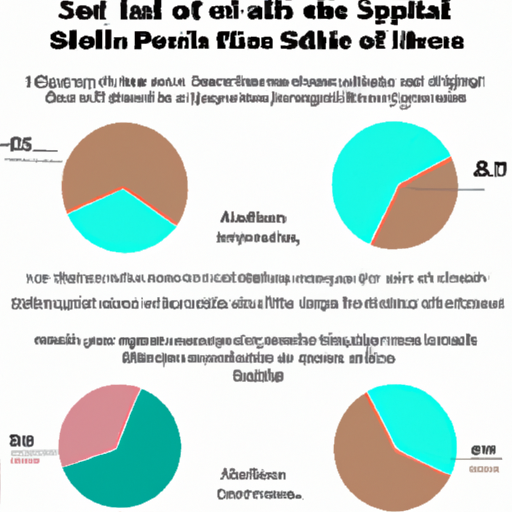When you think of service dogs, you might picture breeds like Labrador Retrievers, German Shepherds, or even Poodles. But you may be surprised to learn that Pit Bulls, a breed often misunderstood and misrepresented, also make up a significant portion of service dogs in the United States.
We’ll delve into the numbers, the reasons behind these figures, and the qualities that make Pit Bulls excellent service dogs.
- Table of Contents
- Pit Bulls as Service Dogs
- The Percentage of Pit Bulls among Service Dogs
- Why Pit Bulls Make Great Service Dogs
-
Frequently Asked Questions
-
Key Takeaways
- Pit Bulls are versatile and intelligent, making them good service dogs.
- The percentage of Pit Bulls among service dogs is not definitively known, but they are a significant presence.
- Misconceptions about Pit Bulls can create challenges for their use as service dogs.
Pit Bulls as Service Dogs
Often, when we think of service dogs, we think of specific breeds trained for particular tasks. But, in fact, any breed can become a service dog if they meet the qualifications and complete the training. Pit Bulls, despite their reputation, are no exception.
One might wonder, “Are there any official records kept for this?” Unfortunately, there’s no central registry for service animals in the United States, making it difficult to determine the exact percentage of service dogs that are Pit Bulls. However, OneTopDog offers insights into various breeds used as service dogs, including Pit Bulls.
The Percentage of Pit Bulls among Service Dogs
Given the absence of a central registry, it’s challenging to state a precise percentage of Pit Bulls among service dogs. However, organizations like Pit Bull Rescue Central reveal that Pit Bulls are indeed a significant presence in the service dog community.
Anecdotal evidence from service dog trainers and owners suggest that Pit Bulls could make up anywhere from 10% to 20% of all service dogs. However, this is a rough estimate and can vary based on the region, the specific service the dog is trained for, and local breed regulations.
Further insights into the world of Pit Bulls as service dogs can be found in the articles on OneTopDog and OneTopDog.
Why Pit Bulls Make Great Service Dogs
Despite the often negative portrayal of Pit Bulls, they possess many qualities that make them excellent service dogs:
- Versatility: Pit Bulls are known for their versatility. They have been used as police dogs, search and rescue dogs, and even therapy dogs.
- Intelligence: Pit Bulls are highly intelligent, making them quick learners and good at problem-solving.
- Loyalty: Pit Bulls are incredibly loyal to their owners, which is vital for a service dog.
- Physical Strength: Their physical strength and stamina mean they can perform tasks that require strength, such as mobility assistance.
The main challenge in using Pit Bulls as service dogs lies not with the dogs themselves but with public perception and breed-specific legislation, which can limit where they can live or work.
Frequently Asked Questions
Q: Are Pit Bulls allowed to be service dogs?
A: Yes, any breed that meets the qualifications and completes the necessary training can be a service dog, including Pit Bulls.
Q: Aren’t Pit Bulls dangerous?
A: No, Pit Bulls are not inherently dangerous. They, like any other breed, can be aggressive if poorly trained or mistreated. But well-socialized and trained Pit Bulls are usually friendly and good-natured.
Q: Are there breed restrictions for service dogs?
A: While some areas have breed-specific legislation that can limit the presence of certain breeds, the Americans with Disabilities Act (ADA) does not restrict service dogs to specific breeds.
In conclusion, while it’s difficult to quantify the exact percentage of service dogs that are Pit Bulls, their presence in the service dog community is undeniable. These loyal, intelligent, and versatile dogs have much to offer and deserve recognition for their contributions as service animals.



